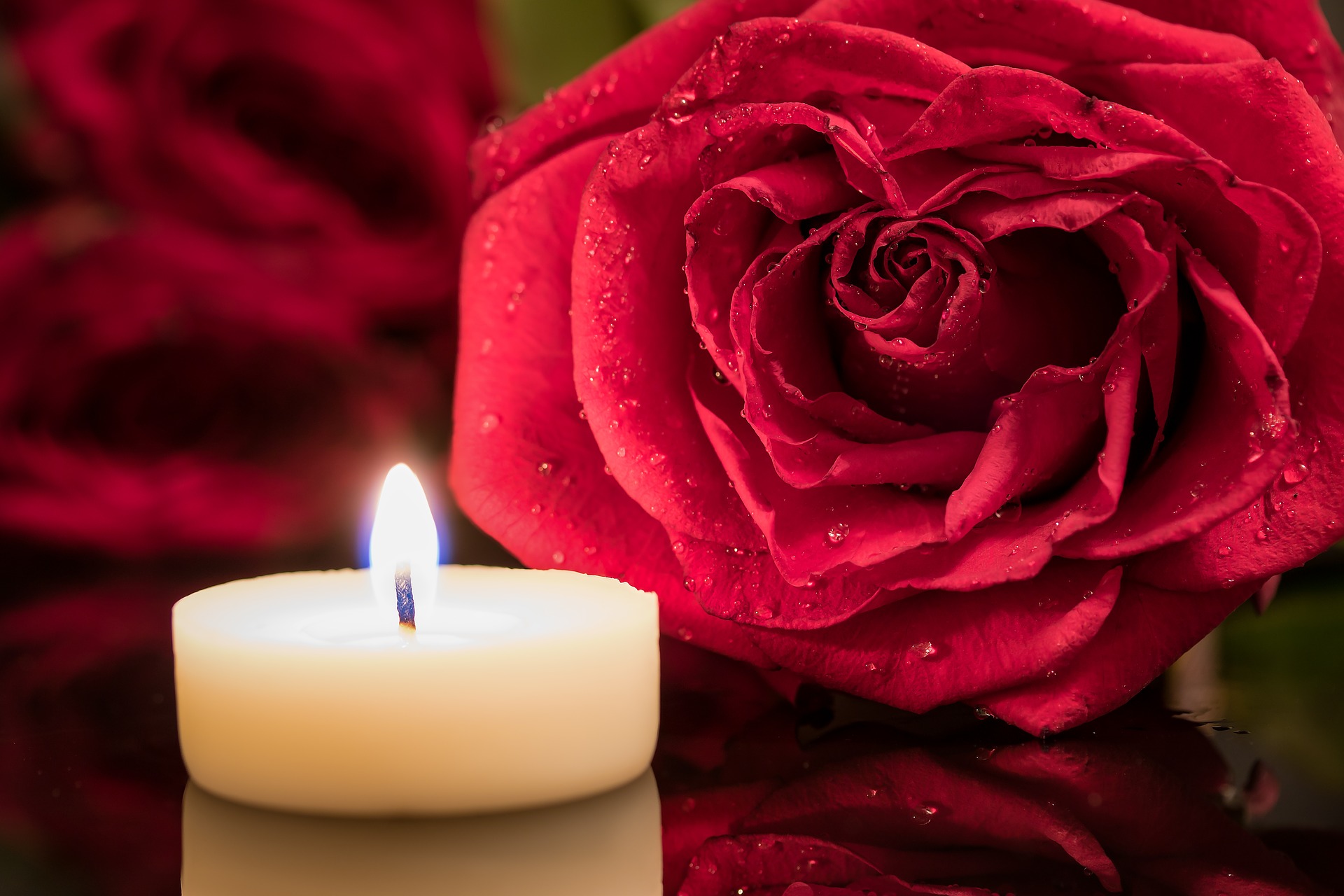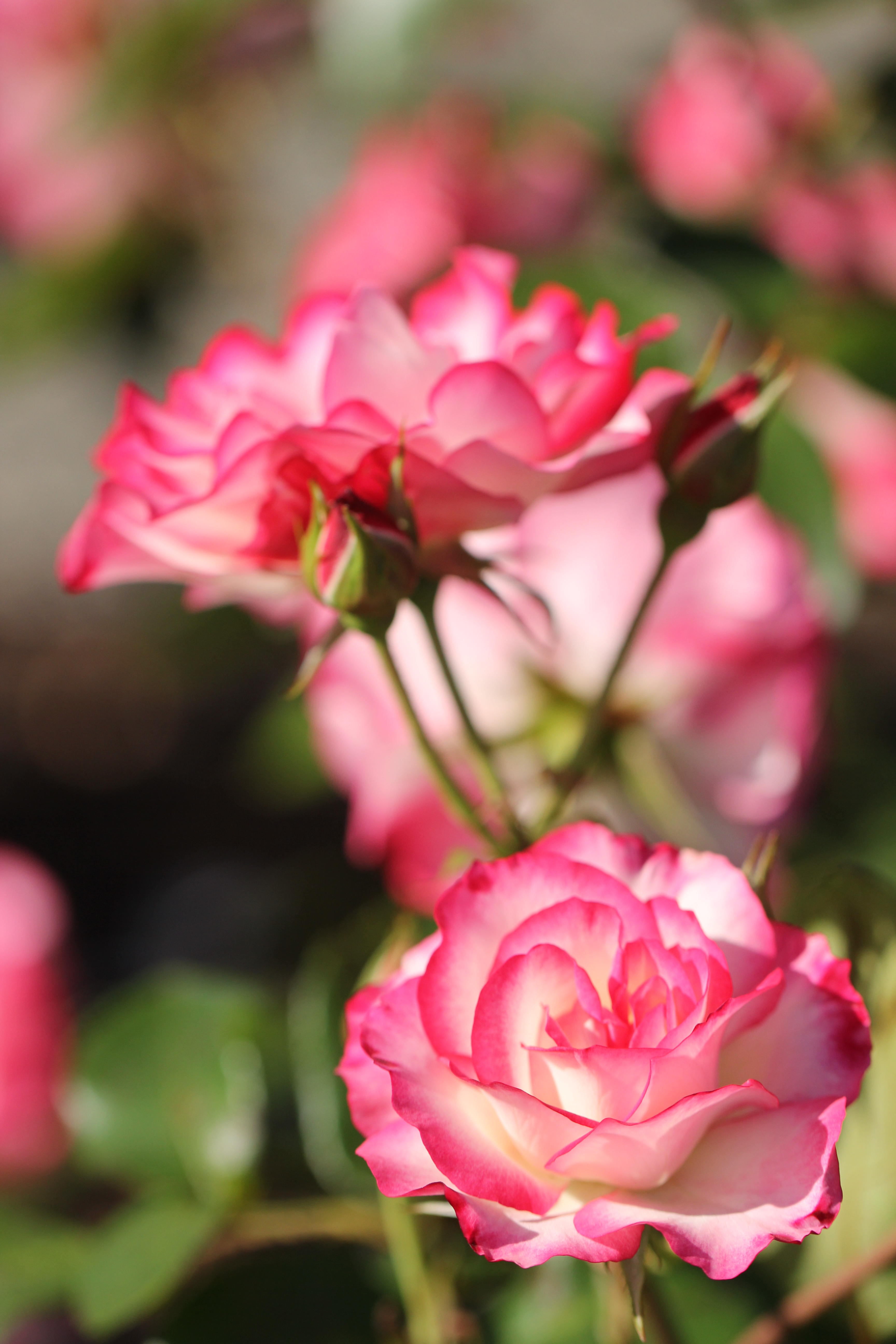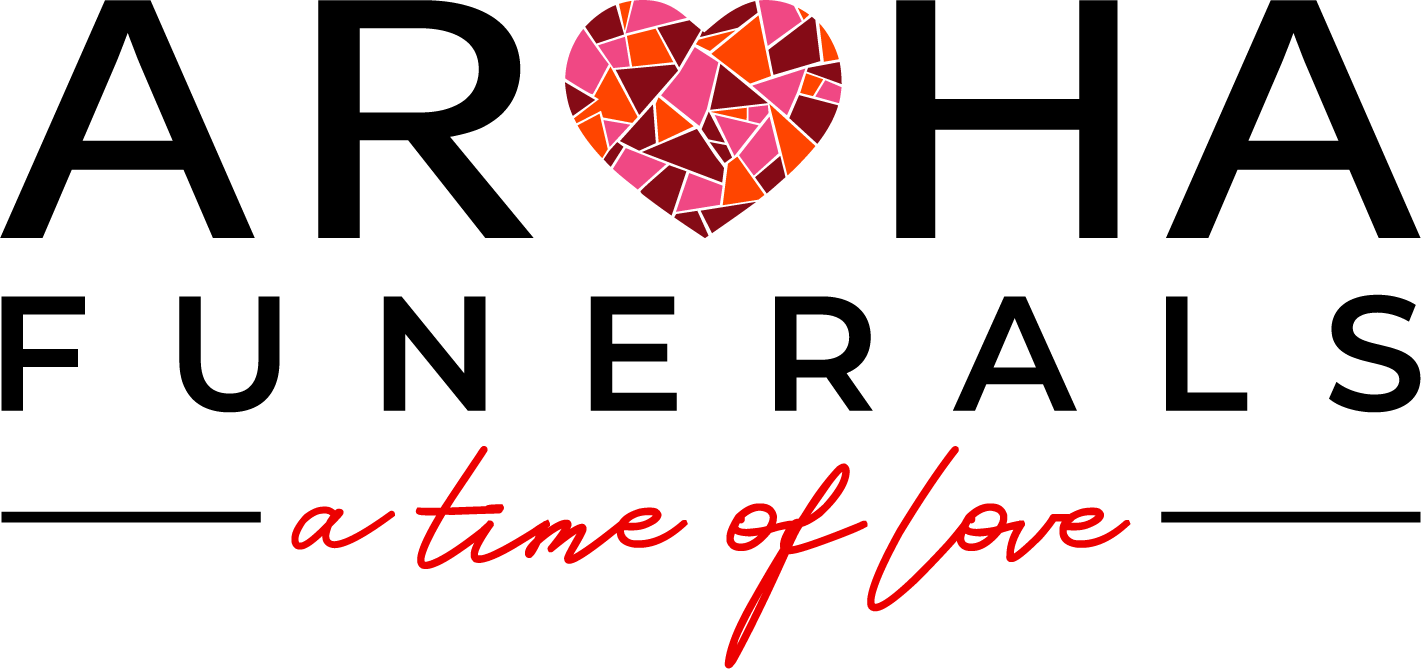Grief support/ follow up
Grief is a very individual process. It can relate to previous losses in your life and to the situation in which the death has occurred. We know, for example, that when a death has been sudden, unexpected and/or violent, that grief may be more complex and harder to navigate than for an expected death. Most people manage to find a way through their loss in their own way and time. However, some people will need extra support through this, which may be provided by hospices you are already involved with, your local health providers, Victim support, pastoral care through your church, as well as your family and friends. The main resources we would direct you to at this time are The Grief Centre and Skylight.

Bereavement Support
Bereavement Support is a complimentary service provided to families cared for by Aroha Funerals. We have partnered with The Grief Centre to ensure that you and your family receive the very best support.
A letter will be sent to you explaining the service, and then one of the Bereavement Support Team from The Grief Centre will phone approximately 6-8 weeks after the funeral. They are available to keep in touch with you and other family members over the coming year.
Families also receive a brochure and booklet with information on grief and loss, some of the feelings you or family members may be experiencing, along with suggestions that may be helpful during this time.
The Bereavement Support worker can provide a listening ear, and they can arrange for any further information, support, or resources that may be useful to you. Aroha Funerals also offers a complimentary counselling session with a qualified counsellor which is available to be used by you or another family member.
It is important to us at Aroha funerals that we continue to care for you after the funeral and we see this as a way of keeping in touch and ensuring you are getting the support you need during this time of bereavement.
Involving Children
We often get asked about whether children should be involved after the death of a family member and, if so, how? Obviously you will know your children the best but our general message would be that it is a good idea to include them as much as possible. Children will take their cues from the adults around them so if you can respond in an honest way, they will also. Answer the questions they ask and don’t go into huge detail if they are not asking about it – they will ask what they want to know and this will be based on both their previous experience (such as having a pet die) as well as their age. It is not until children are around 7 that they can comprehend the main aspects of death such as that it is permanent, it happens to everyone, and that it means the person’s body has completely stopped. Younger children are much more likely to ask questions related to their own experience such as “Who will Grandma play with in heaven?”; “How will Aunty eat in the coffin?”, and “Who will take me to kindy now?” As children get older, their understanding will change – it is important that you find opportunities to review their comprehension of what happened as they grow up.
Our experience is that being honest is really important, using language that is clear and age-appropriate e.g. saying someone has gone to sleep may make them terrified of going to sleep themselves, and involving them however you can. In terms of seeing or touching a dead body, their imagination is likely to be much more scary than the reality so we do encourage families to let children see the person who has died if that is something you are comfortable with. There are also plenty of ways they can help at a funeral – reading poems, handing out service sheets, lighting candles, helping with committal flowers, and we can tie ribbons on to the handles of the casket if they want to help with pall bearing.
There are some wonderful groups that focus on bereaved children, and we would encourage you to access these if you need further support.

Viewing a dead body
Whilst some cultures are very comfortable about being around dead bodies, in our Western culture we have lost that easy way of accepting death as part of our lives. Part of our philosophy is around supporting families to be as involved as they wish with caring for their family member who has died. This can include helping to dress them, spending time with them at our cottage or having them at home for a day or days before the funeral. Often people are anxious about doing this but we generally find that they value the experience once they are with us. Helping to dress someone can be a final act of love, especially if you have been involved in their physical care prior to their death. Because we generally do not embalm people, we find that their colour stays looking very natural and their skin is soft and relaxed. At our cottage we view people on a bed rather than in their casket so it is an informal and homely environment. We encourage children to come and have had many occasions where people stay for a long time, laughing, crying, telling stories as children play and ask questions. If you want to have your family member at home, we will teach you how to keep their body cool with ice packs and to care for them. This again can be a really positive experience and means there is no need to view them at specific times – you can see and talk to them whenever you want. If the death has been an unexpected one, this can be even more important to help the reality of what has happened begin to set in.
Please do not hesitate to ask us any questions you have about any of this.
